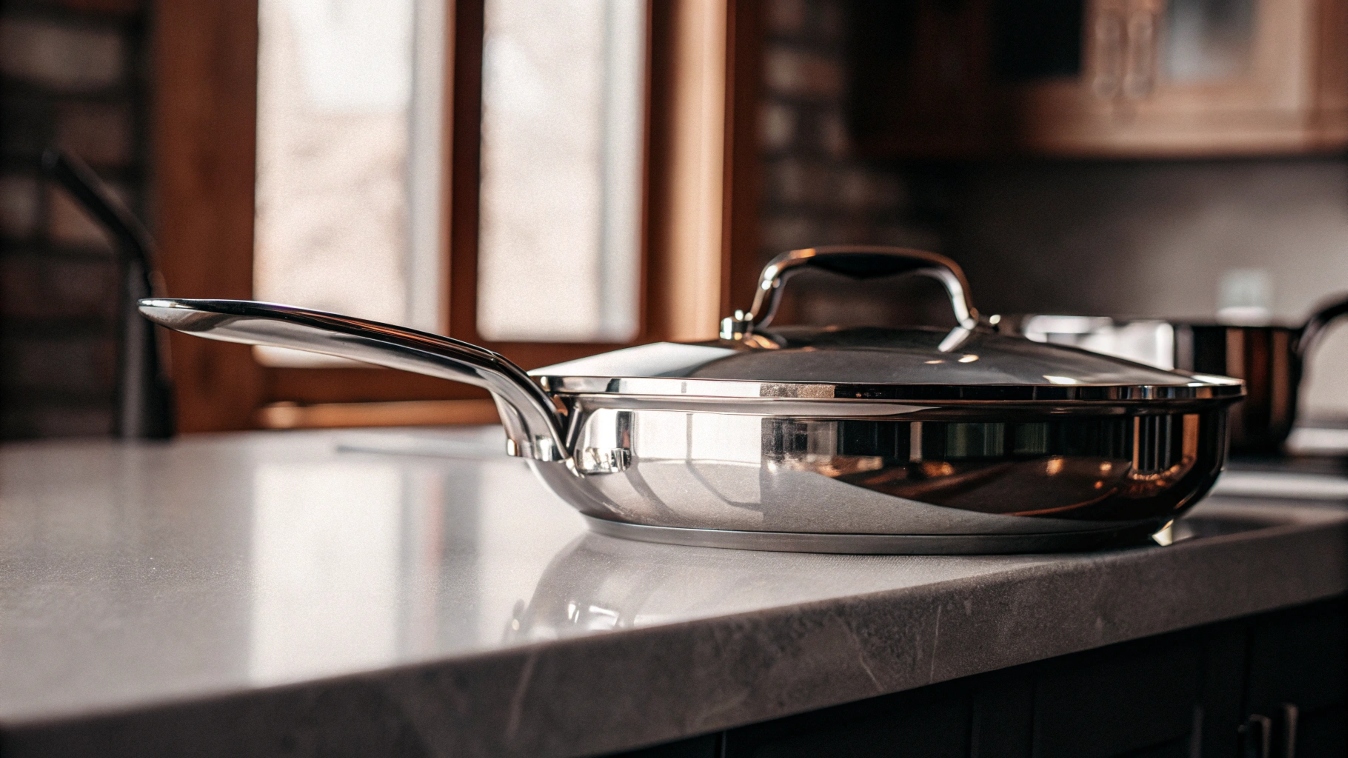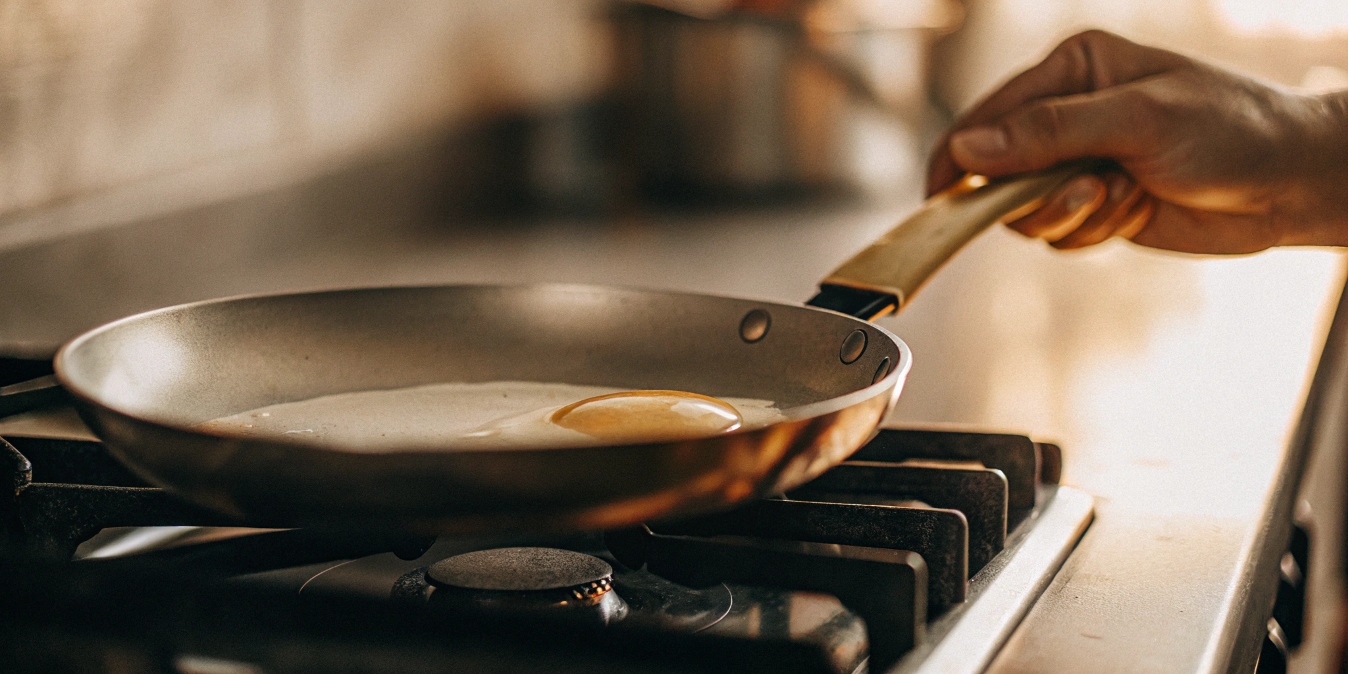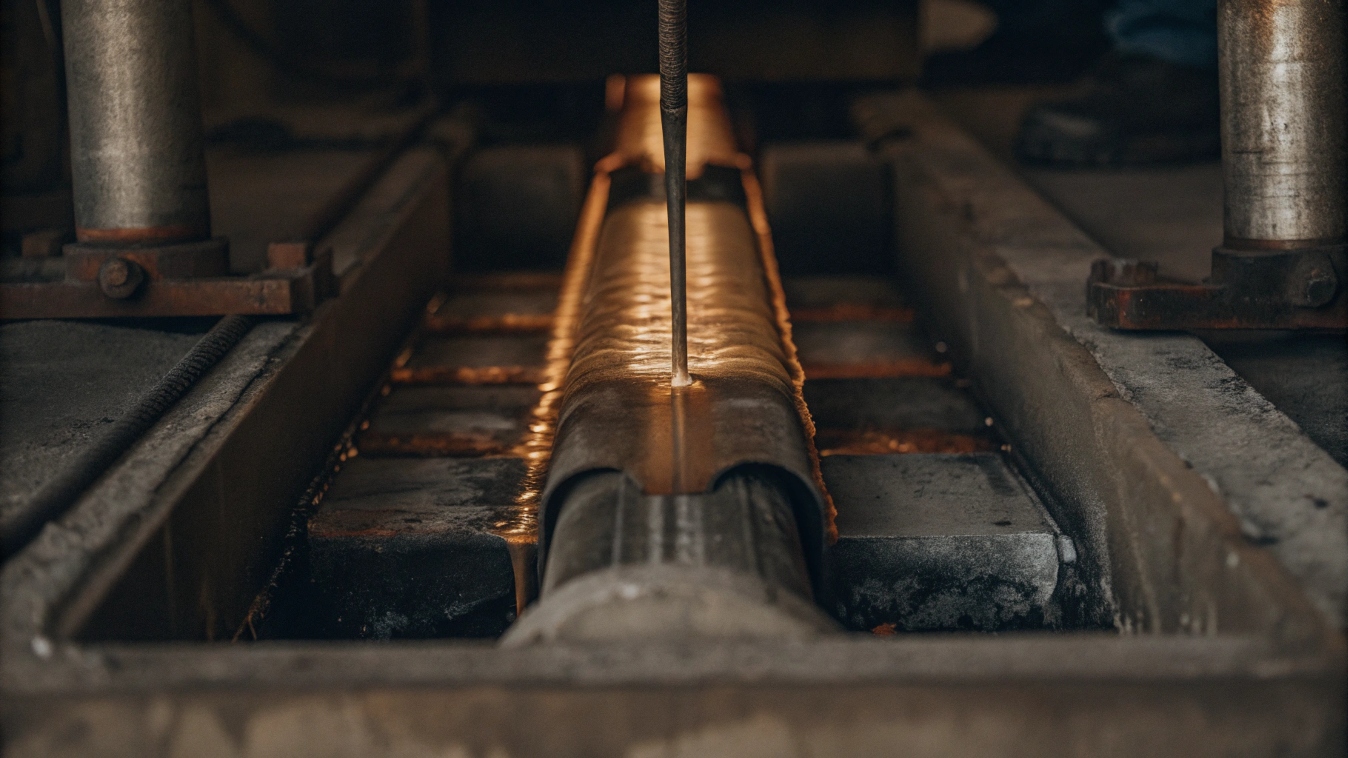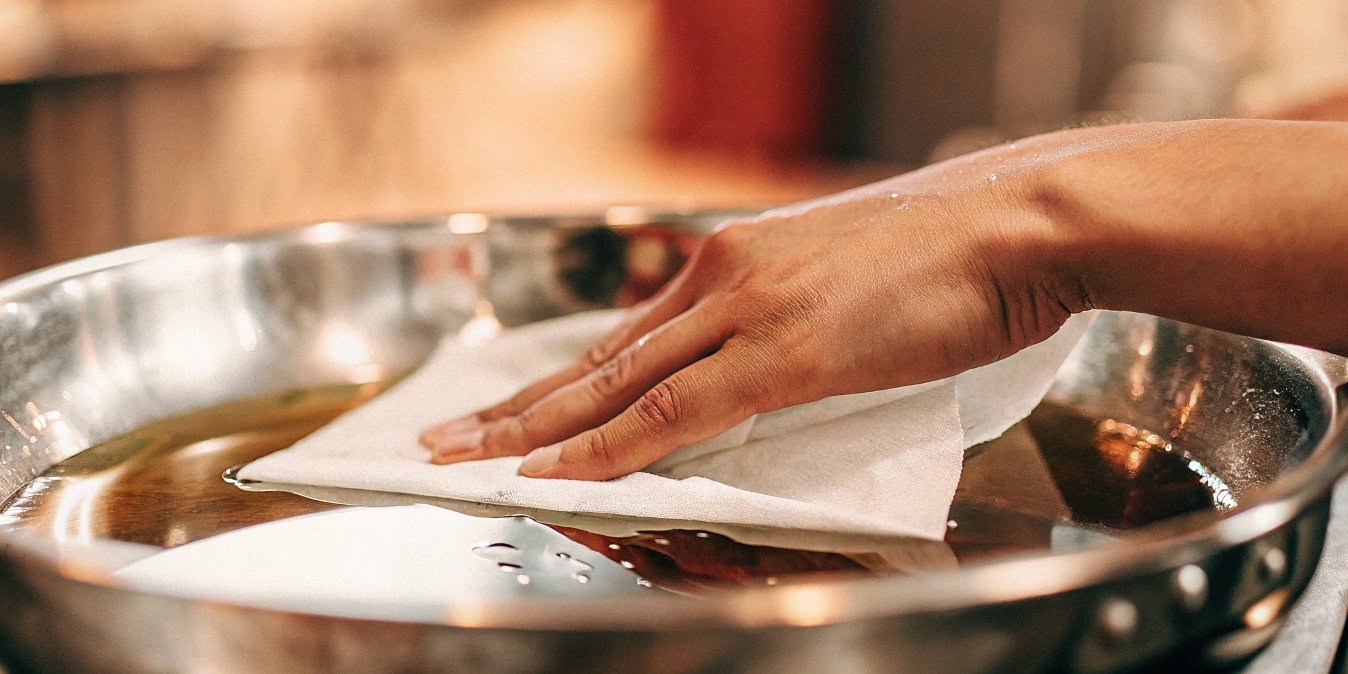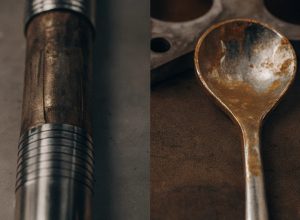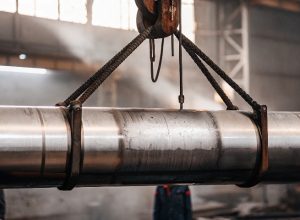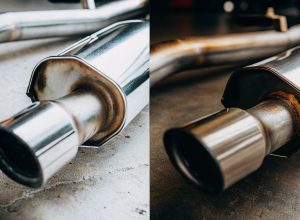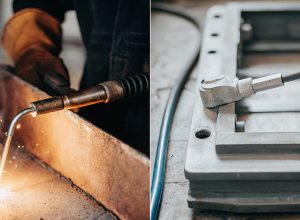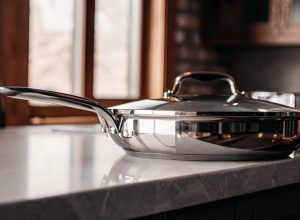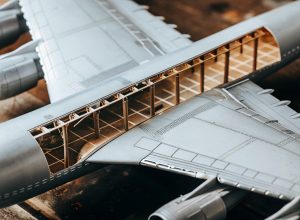Are you tired of pans that stick or scratch easily? You want healthy, durable cookware, but the choices are confusing. Titanium cookware seems like a great solution, but does it work?
Yes, titanium cookware1 can be exceptionally non-stick when used correctly. Pure titanium pans require preheating and sometimes seasoning to prevent sticking, but their durability and healthy cooking surface make them a top choice.
I’ve spent years developing high-purity titanium for critical industries. I’ve seen our metal go into jet engines and medical implants. So, when cookware manufacturers started using our titanium sheets, I was very interested. I talked with them to learn how it performs in a real kitchen, not just in a lab. Their insights help clear up a lot of the confusion around this material. Let’s break down what they told me, so you can feel confident about titanium cookware.
How Do You Keep Food from Sticking to Titanium Pans?
You bought a beautiful new titanium pan, but your first meal stuck to the bottom. It can be frustrating when expensive cookware does not perform as expected. The secret isn’t a spray or a coating. It is a simple technique.
To keep food from sticking, you must preheat your titanium pan. Place the empty pan on medium heat for about a minute before you add any oil or food. This creates an even, hot surface that naturally releases food.
The key reason for preheating is titanium’s incredible heat conduction. It gets hot very fast and very evenly. If you add cold food to a cold titanium pan, the food will heat up at the same rate as the pan, causing it to bond to the metal’s surface. Preheating creates a hot barrier that food cannot stick to. A cookware manufacturer from Germany shared a simple trick their chefs use. They drop a tiny bit of water onto the preheating pan. If it sizzles and dances before evaporating, the pan is ready. If it just bubbles slowly, it needs more time. After preheating, add a small amount of oil with a high smoke point, like avocado or grapeseed oil. Let the oil heat up for a few seconds. Now your pan is ready for cooking. This simple step is the biggest difference between a frustrating experience and a perfect one.
| Pan Material | Heat-Up Time | Sticking Risk (Without Preheating) | Best Practice |
|---|---|---|---|
| Titanium | Very Fast | High | Pre-heat on medium, then add oil |
| Cast Iron | Slow | Medium | Pre-heat slowly and thoroughly |
| Stainless Steel | Fast | Very High | Pre-heat, add oil, let oil shimmer |
| Non-stick | Fast | Low | Low to medium heat only |
Is Titanium Cookware Actually Safe for Your Health?
Many people worry about chemicals from non-stick coatings getting into their food. Pans can release harmful substances when they get scratched or too hot. This is a very real health concern. Titanium provides a reliable and safe solution.
Yes, titanium cookware is one of the safest options available. It is biocompatible, which means it is non-toxic and does not react with your body. It will not leach metals or chemicals into your food, even with acidic ingredients.
The titanium we produce at our plant is the same material used for medical implants. Think about hip replacements or dental screws. These items are designed to stay inside a human body for decades without causing any harm. Our bodies do not reject it. This same level of safety is present in your cookware. It is completely inert. I work with product managers who specify materials for food processing equipment. They choose our titanium for large vats that make everything from tomato sauce to yogurt. They need a metal that will not corrode, will not change the food’s flavor, and will not leach anything into the product. Your titanium pan offers that same industrial-grade integrity right in your kitchen. It is a level of safety that many other materials cannot match.
| Cookware Material | Key Safety Feature | Potential Concern | Best For |
|---|---|---|---|
| Titanium | Biocompatible, non-leaching | Higher initial cost | Health-conscious cooks and high-heat searing |
| Glazed Ceramic | Non-toxic coating | Coating can chip or wear down over time | Low-fat cooking, delicate foods |
| Cast Iron | Adds dietary iron | Can rust, reacts with acidic foods | Searing, baking, long-term durability |
| Stainless Steel | Durable, mostly non-reactive | May leach small amounts of nickel | All-purpose cooking and browning |
| PTFE (Non-stick) | Excellent food release | Fumes at high heat, scratches easily | Low-heat cooking and convenience |
Do You Need to Season a Pure Titanium Pan?
You may have heard that some pans require seasoning. This process can sound complicated and time-consuming. You might wonder if your new titanium pan needs this extra maintenance step. Seasoning can greatly enhance its non-stick performance.
Yes, seasoning a pure titanium pan is highly recommended. While not strictly necessary, creating a seasoned surface makes the pan more non-stick. It is especially helpful for cooking delicate foods like eggs or fish that tend to stick easily.
Our cookware clients have confirmed this. One manufacturer who supplies pans to professional chefs told me something useful. He said that for delicate tasks like frying an egg, an unseasoned pure titanium pan can be tricky. But after seasoning, the pan performs beautifully, and the egg slides right out. Seasoning is just the process of baking a thin layer of oil onto the metal’s surface. This oil polymerizes, filling in microscopic pores in the metal and creating a smooth, slick coating. It is much easier than seasoning cast iron. Our clients recommend using oils with a high smoke point, like flaxseed or grapeseed oil.
Here is the simple process:
- Start with a clean, dry pan.
- Put a few drops of flaxseed or grapeseed oil in the pan.
- Use a paper towel to rub the oil all over the inside surface. Wipe away any excess so only a very thin film remains.
- Heat the pan on medium until it just starts to smoke.
- Turn off the heat and let the pan cool down completely.
That’s it. Your pan is now seasoned. This simple step turns a good pan into a great one.
Conclusion
Titanium cookware is a safe, long-lasting investment. With proper preheating and light seasoning2, it offers excellent non-stick cooking for a lifetime of use.

